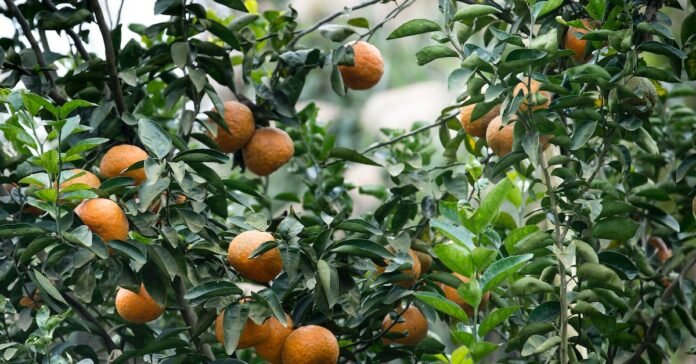Growing your own organic fruits and vegetables is a great way to know what your food contains and where it comes from. While gardening without the use of pesticides and herbicides can seem like it might be hard to to do, if you have the right information, it can actually be very easy and rewarding. This article will show you how it can be done.
Use your coffee grinds in your garden if you are an organic gardener and coffee lover! You can use coffee grounds to make a perfect mulch with just the right amount of acids. It is a wonderful way to compost in a environmentally friendly way.
A great way to deal with weeds in a safe and nontoxic way, is to use a spray bottle of diluted dish soap to treat areas with overgrowth in your garden. Use a ratio of one tablespoon of mild dish soap per 16 ounces of water. Spray the weeds once a day and with in a week they should shrivel up and be easier to pull out.
A mixture of aspirin and water can help your ailing plants. One and a half aspirin, dissolved in two gallons of water, can be a great addition to your plants. Spray the plants with the aspirin solution to help your plants fight disease. The process can be repeated every three weeks or so.
Tend to your garden a few steps at a time. A garden requires ongoing maintenance, and becomes a big time drain if you let things pile up until the weekend. Stop by the garden for a few minutes each day and deadhead some flowers while you’re waiting for dinner to cook or pull a few weeds while watching the kids play.
Pine can make for a great type of mulch. Some garden plants have a higher acidity, and prefer a more acidic soil. Pine needles to line the bed of your garden are easy to find for these kinds of plants. Cover the plots with pine needles. As the pine needles decay, they’ll raise the soil’s acidity.
Do not waste your time and energy carrying a hose that is hard to put away. Get a couple or hose reels to keep your hose neat. You can get a stationary hose reel to keep your hose on a wall, but you can also find portable hose reels if you want to carry your hose around your garden.
Research plants before bringing them home. When you are trying to get the best plants for your organic landscape, you should take the time to get educated. Chose plants that are suited to growing conditions you already have, rather than trying to build an environment for a plant you didn’t properly plan for.
If your backyard soil isn’t conducive to an organic garden, try installing a raised bed. Within the raised bed, you can create your own mix of soil and compost to achieve the ideal soil for raising your crops. Just be sure the bed is at least 16 inches high so that roots have room to flourish.
When growing organic plants, you should move your containers to a bright area immediately upon sprouting. This is because the seedlings need a minimum of 12 hours of light per day in order to properly grow. You can use a greenhouse, a sunny area, or a couple of fluorescent lights.
Go on and plant more trees. Trees are some of the best choices of things to grow in your landscape. They provide shade, moisture retention, and food for your compost every fall. Trees also add a great deal to your property values, more than any other plant you can put in your yard.
A rule of thumb for when you are planting seeds in containers is to make the hole depth around three times larger than the seed itself. Some seeds need sunlight and should not be buried. Typical examples are petunias and ageratum. Always be sure to check online or with the company you’re purchasing the seeds from as to their sunlight needs.
Plant slightly more than you will need. Pests and poor weather can diminish yields from your garden, especially if you are new to organic gardening. To account for this possibility, plant a little more than what you will need. However, don’t go overboard, if it is successful, you could have more vegetables than you could possibly use.
Examine the soil for its physical condition. If your soil is dense, water will not go deep enough into the soil, and the plant roots will stay close to the surface, resulting in shallow roots. The soil will also be hard to dig. You want your soil to be loose enough so that plant roots can grow downward instead of sideways.
As you can see, growing your own garden, free from the chemicals that other foods contain, is not only easy to do, but you will have a wonderful, healthy crop of food that you can eat yourself, or share with family and friends. Make sure you tell them what they are eating.


